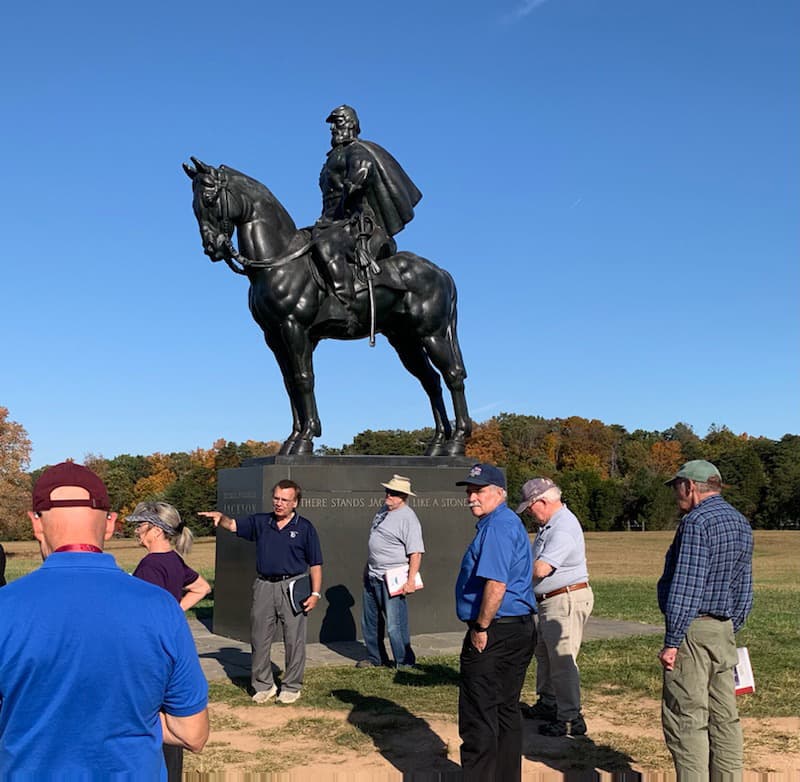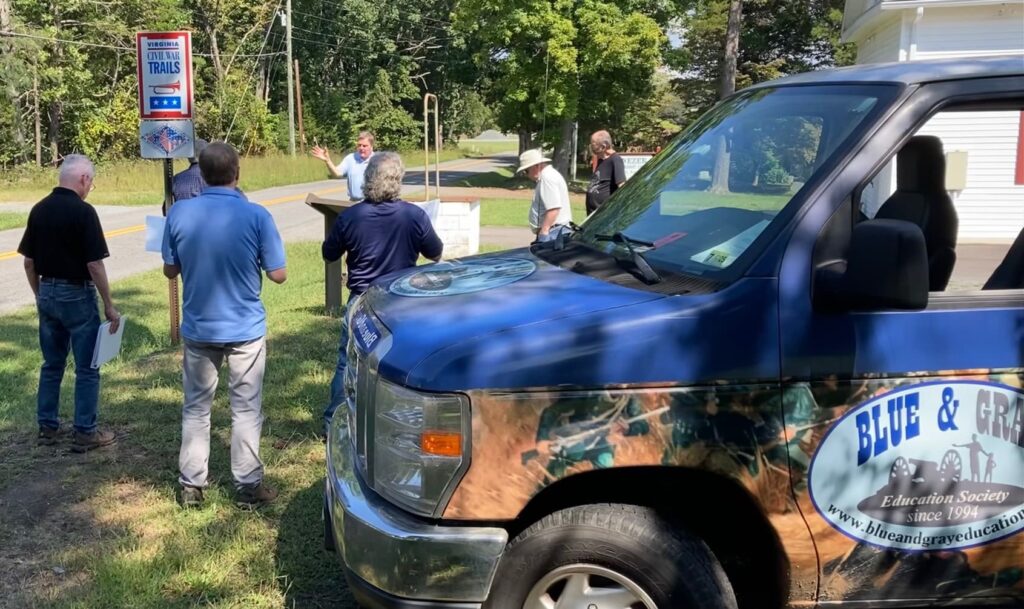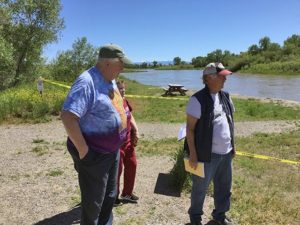BGES 2025-2026 Program Schedule
INTRODUCING BGES’s FIELD UNIVERSITY PROGRAMS
 BGES conducts its flagship “Field University” by design for small groups usually traveling in mini-buses to facilitate maximum access where larger buses cannot go. By keeping the groups small—usually between 8 and 20 people—BGES provides a stimulating and invigoratingly personal experience available from no other organization offering such tours.
BGES conducts its flagship “Field University” by design for small groups usually traveling in mini-buses to facilitate maximum access where larger buses cannot go. By keeping the groups small—usually between 8 and 20 people—BGES provides a stimulating and invigoratingly personal experience available from no other organization offering such tours.
As a nonprofit, net proceeds underwrite charitable and educational activities of the organization. The reputation of BGES has caused it to be sought nationally and internationally for educational and leadership training, attracting some of the nation’s most respected historians and scholars both as members and teachers.
Inclusions

BGES trips offer a range of amenities that vary by the type of tour and the accessibility of resources. Field maps are often designed and used, reading books are usually featured, and suggested reading lists help interested persons prepare for the study to follow. Included meals are listed for each program. Lodging is usually not included unless the tour includes overnight stays away from the headquarters hotel.
BGES’S FIELD UNIVERSITY PROGRAM
OUR 2025 – 2026 SCHEDULE
NOW AVAILABLE! Download the 2026 Full Tour Schedule
We expect to have our complete 2026 tour registration pages posted on the website soon!
1st Quarter 2026 tours are ready for registration. (updated daily)
Click on the tabs below to see our 2025 and 2026 upcoming tours, open for registration.

Blue and Gray Education Society (“BGES”) Return Policy for Cancelations
BGES is a non-profit, educational organization. All registrations are open-ended and may be refunded if circumstances require the customer to cancel. Our normal policy is to give a 100% refund of the registration fee for cancellations made before the event, except for any non-refundable vendor costs that are incurred, if any. All refunds are determined and approved by the Executive Director of the BGES. In the event of a tour cancellation by BGES, BGES is not responsible for associated travel costs incurred by a tour member, including but not limited to hotel lodging, airfare, or other transportation costs.
